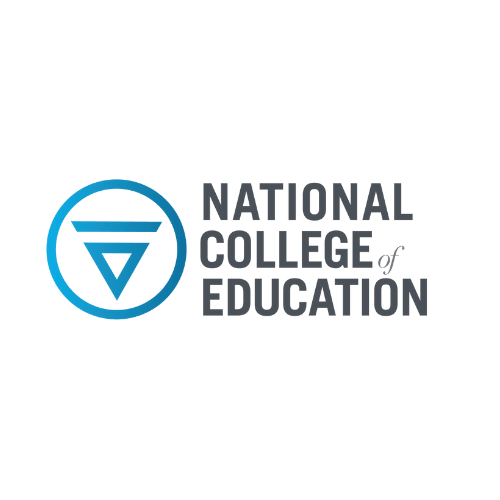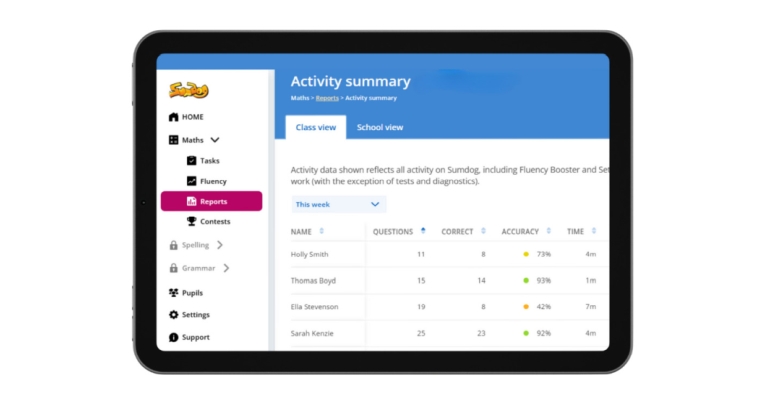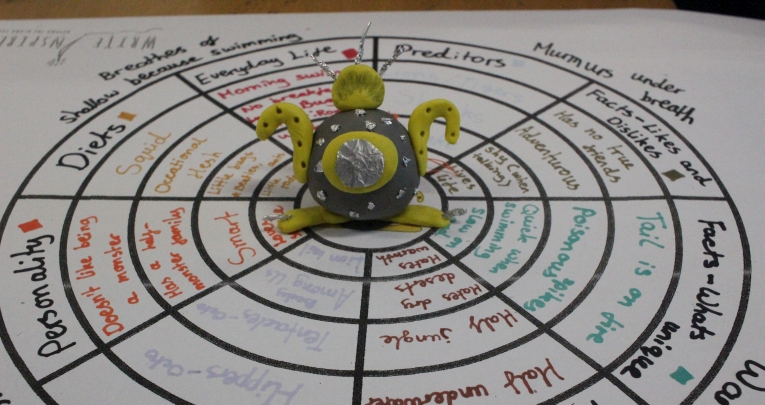You don’t have to look too far to see concerns about a recruitment and retention strategy in the school system today. We’ve recruited 7,000 fewer trainee teachers than the target the DfE set earlier this year and job vacancies on key sites like ETeach and the DfE’s free site have skyrocketed as schools struggle to fill their staffing holes.
What is less apparent, but arguably more alarming, is the leadership and management crisis we have in schools, with an aging SLT population and many leaders leaving their posts within three years.
Secondly is where we are in the political cycle. With five secretary of states within the past 13 months, there has been a vacuum of strategy at the centre of education, highlighted by the delay to the new Schools Bill around academisation.
Schools are therefore challenged to fill a gap and hold the system together before clarity emerges.
Finally, there is a ‘cost of living crisis’ and the unprecedented obstacles faced by schools dealing with unfunded salary increases coupled with dramatically increasing energy bills with just six months of support from central government guaranteed.
This challenge requires skills not currently honed through the new NPQs that focus on leading teaching.
The work of the Chartered Management Institute, parts of the DfE (the Institute of Apprenticeships) and many others suggest that these challenges are just part of leading in the 21st century.
The National College of Education has embedded the three key areas that leaders at all levels need to know about into our programmes, successfully supporting over 3,000 educators since our inception in 2018.
From seasoned senior leaders to those taking their first steps, there’s an apprenticeship programme for every learner that gives the skills, knowledge and behaviours to prepare and face the upcoming challenges.
“You don’t have to look too far to see concerns about a recruitment and retention strategy in the school system today”
1 People
Leading people is an essential part of any leadership curriculum. Education is primarily a people profession, with teachers, support staff and leaders combining to re-invent, offer and support the young people (and often their families) in our care.
Leadership at senior level includes focusing on talent management and a series of interconnected activities from strategic workforce planning through to recruitment, retention, success planning and, of course, professional development.
As the challenges of a millennial workforce and an aging leadership cadre bite, taking a more strategic view is essential.
We know that these elements of talent management also tie closely to the importance of creating an inclusive and supportive work environment that reflects the modern workforce – and in the case of education, a female dominated one.
So leading people is that essential first step in any leadership journey. When we recognise that 80%+ of a school’s budget is people, it makes sense to spend a disproportionate time there.
2 Strategy
Leading strategy where there is none, or where the challenges of a local community are unique? Innovation is required. This is the second essential pillar of leading in a school.
Strategy is essential to providing the vision and values that staff at all levels follow when times are difficult.
Strategy requires constantly looking outward at social, economic and technological trends, but also looking internally at how any new or evolving strategy is ‘sold’ to all stakeholders, be they staff in school, the parent body or even Ofsted.
As we await the next big idea in education, strategy falls to school leaders. Efforts to upskill here will be well rewarded.
3 Operations and finance
The less glamourous side of leadership is operations and finance. Given the huge challenges in this area around budgets, people and emerging technologies, it’s this element of leading a school that needs the most support in the coming months.
Understanding the implications of long-term financial deals with energy and other suppliers linked to deficit budgets will be essential parts of an SLT’s language in the next academic year, or indeed anyone in a school who has eyes on a budget.
Even if we have the best strategy in the world and people in the right places, it’s the day-by-day operational excellence that will keep the ship afloat in rough seas.
Leadership is not a rank – it exists at every level. These three key areas of leadership are at the heart of a leader’s playbook wherever you are in your career; and at the heart of every programme at the National College of Education.
To find out more about our fully-funded programmes and apply to join us in 2023, visit us here.











